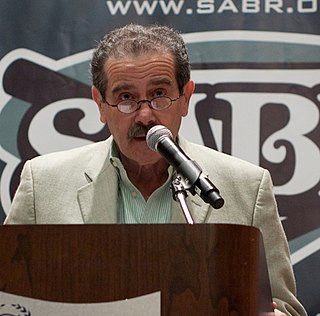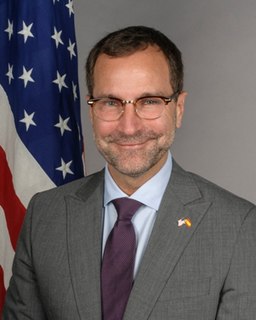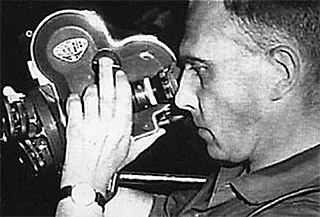A Quote by John Thorn
Better than anything else in our culture, it enables fathers and sons to speak on a level playing field while building up from within a personal history of shared experience - a group history - that may be tapped into at will in years to come.
Related Quotes
We are in a very critical and sensitive time in this nation. We need our president to sit down with folks who have a personal experience, a deep connection to the horror and the pain of this country`s provocative racial history. If the president wants to have a better understanding and appreciation for what he should do next, he needs to hear something from folks who have gone through this painful history. Without that personal connection to the painful past, it will be hard for him to regain that moral authority from my perspective.
No individual and no generation has had enough personal experience to ignore the vast experience of the human race that is called history. Yet most of our schools and colleges today pay little attention to history. And many of our current policies repeat mistakes that were made, time and again, in the past with disastrous results.
The Roman arena was technically a level playing field. But on one side were the lions with all the weapons, and on the other the Christians with all the blood. That's not a level playing field. That's a slaughter. And so is putting people into the economy without equipping them with capital, while equipping a tiny handful of people with hundreds and thousands of times more than they can use.
I definitely love history. I'm not formally trained or educated in history, but you could say I did go back to college in 2008 to do Untold History of the United States. That took five years. Co-author Peter Kuznick has been teaching history for something like 35 years, at American University and other places. His group of researchers brought me into contact with a lot of books.








































